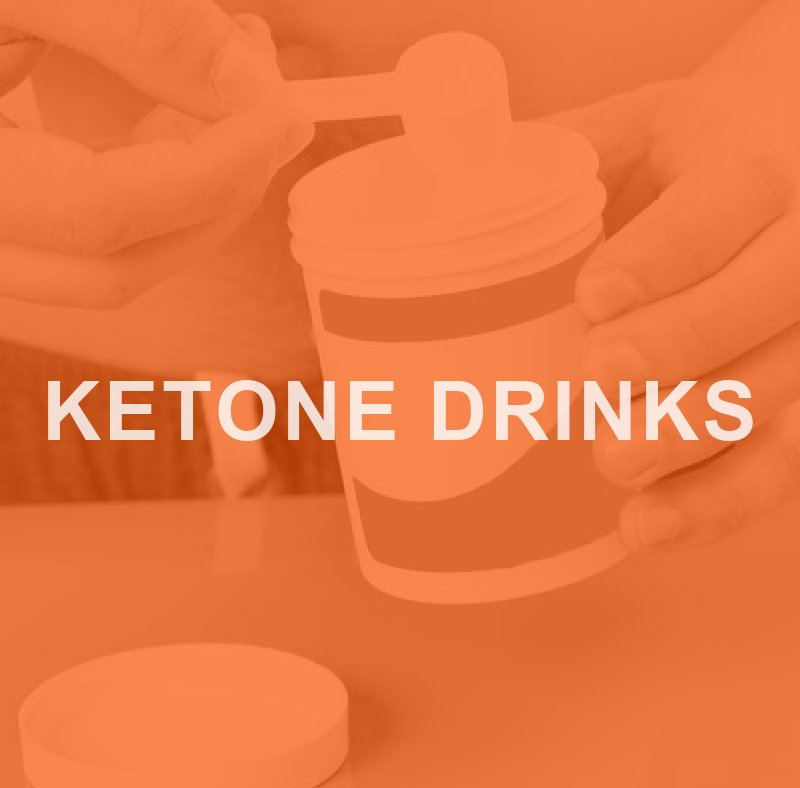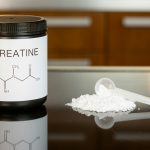
With ketogenic diets being popular to try but not easy to adhere to diets intended to be used long-term by certain people with medical conditions or certain athletes, products like ketone drinks may convince some that the process will be easier if they drink them. As a fit pro, what do you need to know about ketone drinks and how should you inform your clients about them?
The Catch-22 of Ketone Drinks
1) Ketone drinks tend to purport and/or lead consumers to think they can achieve a state of ketosis and thereby become “fat-adapted” simply by drinking the drink. That isn’t the case. Ketone drinks, depending on their ingredients, are usually chock full of exogenous ketones.
EXO, the prefix of the word exogenous, means “outside of.”
Ketone drinks comprised of exogenous ketones are coming from the outside the human body and putting them in. Hence, these ketones from the drinks are not produced by the human body and are not perceived by the body in the same way by those that are.
If the consumer is testing ketone levels, chances are, the results can create a false positive, thereby leading consumers to think they have achieved a state of ketosis simply by drinking these drinks.
2) Some people who have become fat-adapted will lean on ketone drinks to recover quickly from ‘cheat days.’ This is a bit of a misconception. Remember, once the human body becomes fat-adapted and in a state of metabolic ketosis, it’s extremely hard on it to ‘cheat.’ Unless a person has been in this state for a long time or is utilizing a professional or other techniques such as intermittent fasting or has other goals/reasons for being in ketosis, it is not advised to utilize these drinks to recover from cheat days.
It would be no different than if someone who is lactose intolerant and avoids dairy on a daily basis drank a glass of milk on a whim. The results are abdominal discomfort at best and other detrimental symptoms at worst (light-headedness, constipation and/or diarrhea, heartburn, difficulty concentrating all the way up to the metabolism stalling out and being confused due to the drastic food macronutrient intake difference and needing a stronger medical intervention/treatment).
What are ketone drinks good for?
1) Those who are trying to obtain a true state of ketosis whereby the steps to become fat-adapted are being taken, can consume exogenous ketones or ketone drinks to help the process along. For example, maybe a person has hit a bump and is facing uncomfortable keto flu symptoms. With the assistance of a properly credentialed professional, they can take exogenous ketones in order to minimize the effects of the keto flu. This is because the exogenous ketones that the person is drinking will put ketones into the body and will assist the metabolism in becoming fat-adapted.*
*The key here is the person is following the proper methods and protocols to result in fat-adaptation. If the person was not eating a fat-adapted ketogenic macronutrient diet, the exogenous ketones tend to interfere with the process rather than assist it.*
When you can’t be perfect….The horror!
Final Words
That doesn’t necessarily mean just ketone drinks, but do educate clients to read the ingredients on these products especially prior to purchasing and consuming.
Not all ketone drinks are the same just like not all protein bars or granolas or cereals or other packaged foods are the same! I always teach my clients that labels on the front of food packages are like the trailers to a movie. They provide a great, general introduction to what the product is about and are meant to sizzle, dazzle, and allure.
However, if you want to know all about the details and the major players, watch the credits. When it comes to ketone drinks (or any product in a package), flip the product around and read the ingredient list and nutrition facts.
What else is inside these ketone drinks?
Some ketone drinks will have massive amounts of salt and electrolytes in them. Some will have more reasonable amounts.
WHY?
Carbohydrates (CHO) by definition are made up of carbon, hydrogen, oxygen. Carbs, as fit pros know, promote water retention. For every 1g of CHO, 2-3g of water is retained, this impacts the processing and metabolizing of electrolytes. In a ketogenic state, the human body needs more electrolytes than in a non-fat adapted state because of the low CHO levels.
Hydration is key when in ketosis, as is moderating and monitoring electrolyte balance. But sometimes, I’ve seen exogenous ketone products contain as much as 1.6 grams of salt! While some people may need to ingest this much salt due to their level of activity (Perhaps pro-athletes or Ironman competitors), most do not.
The Dietary Guidelines for Americans recommends limiting sodium intake to less than 2,300 mg per day which amounts to about 1 teaspoon of salt. In any case, most Americans average about 3,400mg per sodium/day. That means one of these exogenous ketone drink containing 1.6 GRAMS of salt would amount to almost 70% of your RDI for sodium.
Exogenous ketone drinks will sometimes also have added ingredients in them to make them more palatable (like many packaged food products)
All told, exogenous ketone drinks are not inherently “bad” or “good.” Neither is the ketogenic diet for that matter. It’s more about whether they are a good fit for the consumer.








